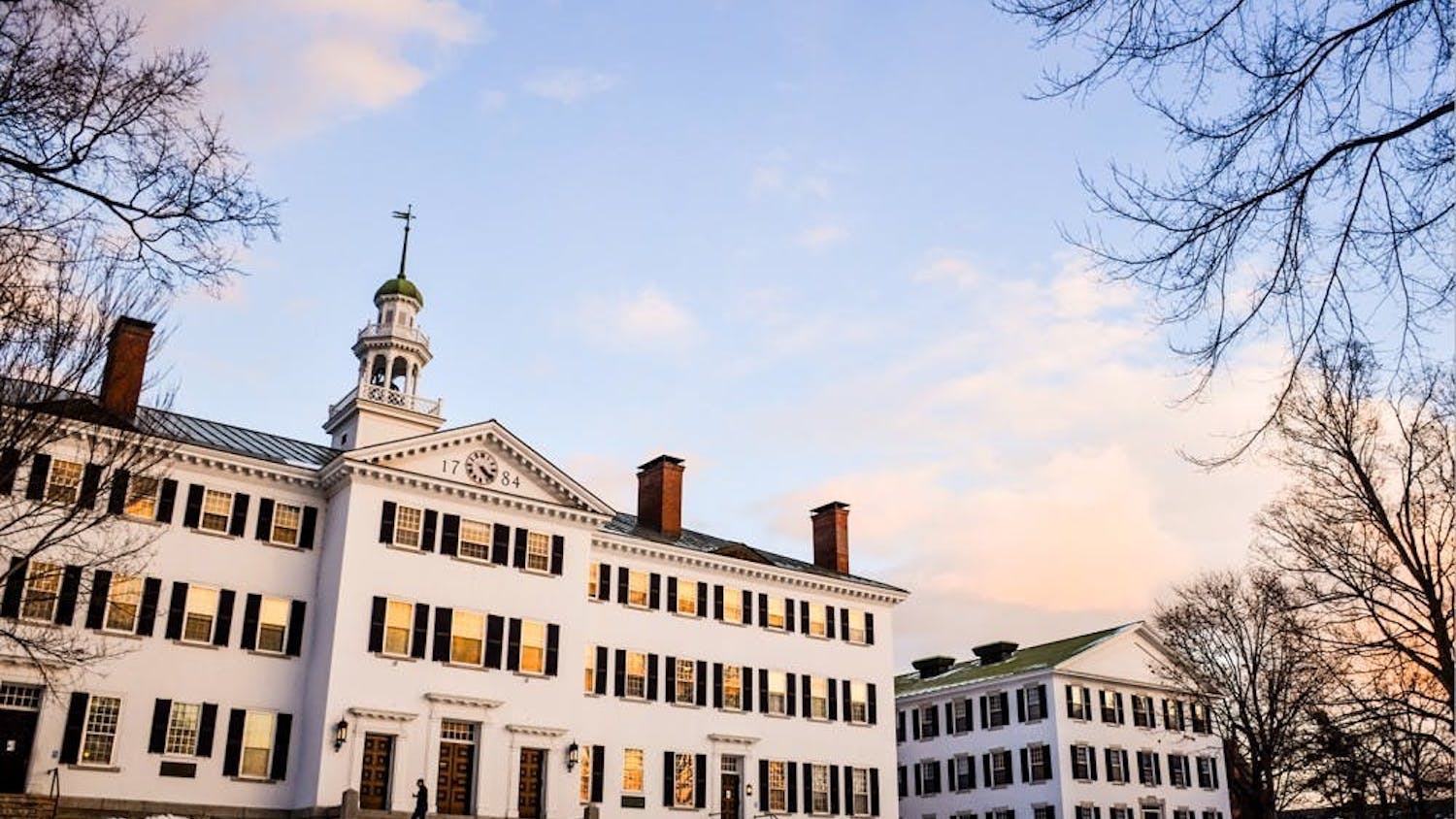This editorial is featured in the 2021 Winter Carnival special issue.
On Feb. 4, Dartmouth announced that it had slashed funding for off-campus programs by 28% for the next fiscal year. This decision will reduce the number of study abroad programs that the College offers next year from about 40 programs to just 25, with language programs bearing the brunt of the impact. The current plan is for the College to gradually increase offerings again over the next few years.
Although this decision has faced significant backlash from students, faculty and alumni, the cited rationale for the cuts — which includes the Guarini Institute for International Understanding’s ever-growing deficit, a declining interest in study abroad programs and a shift in interest away from the humanities in favor of STEM and social sciences — is not unreasonable. It is clear that these cuts were more than an attempt to quickly address a budget issue. Rather, the decision appears to stem from a number of demand-related factors, with the deficit merely being the final nail in the coffin. And the decision, though unpopular, may prove to have silver linings. In the wake of the cuts, the College has a chance to redesign and revamp its study abroad programs.
Currently, many of the College’s study abroad programs misalign with students’ academic interests. This discrepancy is perhaps best represented by the fact that although 75% of off-campus programs are in the arts, humanities and languages, most students at Dartmouth pursue STEM or social science majors. Between foreign study programs, language study abroad and language study abroad plus programs, 23 of 47 study abroad programs are specifically through language departments.
The fact that nearly half of all study abroad programs are from language departments, even though less than 3% of last year’s graduating class majored in a language, demonstrates a clear misalignment between student interests and the programs offered. While language majors clearly lend themselves to studying abroad, such a significant disparity explains why many students are simply not interested in the programs the College is offering.
This is a problem. Global engagement is critical to a liberal arts education, and Dartmouth’s isolated location makes it too easy not to engage beyond the Hanover bubble. The College should encourage students to study abroad — and that means offering programs that students find valuable.
Many of Dartmouth’s study abroad programs follow a similar model: a major-specific, pre-selected slate of courses, taught largely by Dartmouth professors to a group of Dartmouth students. While this model has value in many fields, for others, it can be limiting. Cultural engagement can be hard when ensconced in a Dartmouth bubble, and with most programs tied to majors, students have little flexibility to choose where in the world to study abroad.
One solution to the issues with Dartmouth’s current model is to normalize transfer terms. A transfer term means actually living and studying with students from another country — and significantly more flexibility choosing courses. While some transfer programs are currently available, the selection is limited. Organizing an independent transfer term is currently arduous and requires a $2,200 “application fee” payable to Dartmouth. Streamlining the process of adding a transfer term would make study abroad far more accessible and appealing to students, while saving the College money by reducing the burden on Dartmouth-run study abroad programs.
Other students simply do not have time in their D-Plan to study abroad. One way of addressing this concern is to create more programs that run for a shorter period of time, such as the three-week long Vietnam study abroad program being piloted through the Asian Societies, Cultures and Languages Department this coming fall.
Additionally, the College should offer more interdisciplinary programs, like the Irving Institute for Energy and Society and government department’s new FSP to Russia. Presently, many language study abroad programs restrict students to taking only language courses, and a broader selection of courses would likely create more demand.
Dartmouth believes in making its students global citizens who have first-hand experience with the world beyond its campus. We hope that the recent cuts are part of a move to better realize that goal, not simply a cost-saving measure at the expense of global engagement. Students at Dartmouth must engage with the wider world — and the College should give them that opportunity.
The editorial board consists of opinion staff columnists, the opinion editors, the executive editors and the editor-in-chief.



